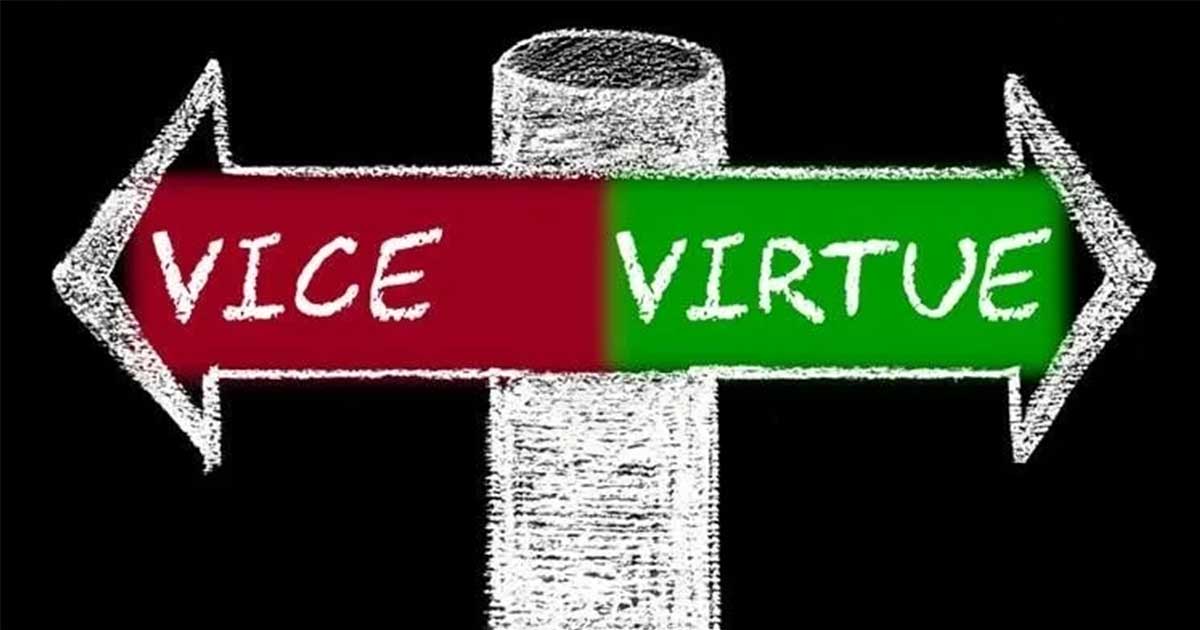It’s the end of yet another school term, and we’ve taken off to spend a week at a friend’s beach house. There is something very calming about walking barefoot along the sandy shores as the waves gently wash away the worries we brought from the city. We hadn’t had a change of scene since before the pandemic hit and, now that we’re here in this little bit of paradise, I realise how desperately we all needed it.
None of us has spent any great length of time on our phones because we’ve either been playing card games, reading books or playing ukuleles and guitars. Thankfully the phone signal isn’t great where we are staying and there is no WIFI.
You might as well face it
But I have been aware of the devices beckoning to us from the shelf above our heads. We are addicted to our screens. Hubby checked his email this morning and revealed to me that he has six different email accounts on the go and he feels compelled to check each of them regularly. Both of my children told me that they believe it’s their right to jump on Snapchat while we’re here in order to stay connected to their friends. I must admit that I posted a video to my favourite Facebook group so that they know I’m alive and well.
As I walked past a group of people the other day who were sitting together outside a café, I couldn’t help but notice where their attention was. Each of them was looking down at their phone. Who remembers the Cliff Richard song ‘We Don’t Talk Anymore’? It immediately came to mind and I started singing it aloud! The group was so engrossed in their screens, they didn’t even bother to look up to see the freak show.
Back home, as though Netflix could read my mind, I was offered a documentary entitled The Social Dilemma instead of my usual diet of scandi-noir escapism. It was as far from escapism as one can get and the wake-up call I needed since I have been nonchalantly shrugging off my compulsive engagement with social media over the past 18 months. In fact, I would go so far as to say that I replaced my drinking with scrolling, clicking and sharing.
Consolation in isolation
Before I start ripping apart the role that social media plays in our lives, and obvious manipulation of our online behaviour for profit, let me just acknowledge that, had it not been for the support of my amazing Sober Ninja tribe on Facebook, I’m not sure I would have coped as well as I have done in my efforts to remain sober. The people I have connected with who regularly share their stories and who have validated my own, are absolutely life-affirming. They have taught me that addiction does not discriminate, there is healing in sharing and that together we are stronger. During the COVID isolation that we all experienced, Facebook was a lifeline for a lot of us and continues to be for many.
Users and abusers
In The Social Dilemma we are introduced to the concept of how we, the users, are the product that is sold to advertising companies. It’s interesting, isn’t it, how the term ‘user’ is also applied to people who consume drugs. There are many parallels to be drawn between the abuse of substances such as alcohol or drugs and our use of social media. Both can end up being the objects of addiction if we’re not careful.
Let’s look at our phones and their addictive properties. The device and its interface have been designed by engineers whose aim was to create a product that is both pleasurable and something people will lust after. Once the device is switched on, we are greeted with the warm, inviting glow of the screen. As soon as we engage with applications such as Facebook, Instagram, Snapchat or Twitter, we enter a world of voyeurism that in itself can be addictive. It’s really just another way to escape the stresses and monotony of daily life. By engaging with these apps, we are playing a game of chance…. Will we receive approval with our posts, will people like our comments, how many likes will we get, what if we meet with disapproval? Just like gambling, this game of chance can grab us and keep us coming back for more. The positive and negative reinforcements along with the unpredictability of the feedback we receive makes it incredibly compulsive activity.
Man versus machine
There is no doubt that we are living in extraordinary times. Artificial Intelligence is now more revered than human ability as it does exactly what it is told to and when. It allows the big corporations to keep us engaged by feeding us a series of rewards and punishments leading to the kind of toxic relationships that drug or alcohol users endure with the substance they depend on. We therefore become shaped by our experience of digital technology. The number of likes, comments and shares impact on what we choose to post and how we feel about the world’s reaction to it all. The technology companies know this only too well and they exploit it to their advantage. The more we turn to our device for interpersonal connection, the more we are roped into it by the companies who shamelessly exploit our brain’s evolutionary need for that connection. These companies have paid psychologists and neuroscientists for their research into what makes people behave the way they do. The machine is then programmed to manipulate us accordingly. We are constantly being exposed to fake news, propaganda, doctored dialogue and even disrupted democratic processes not to mention the free reign of racism, sexism, homophobia and other evils. Binge-watching and other compulsive behaviours are made too easy for us through advancing technologies and in return we give the providers permission to mine our data and use engagement metrics to get us hooked.
How to solve the dilemma
The documentary I mentioned earlier is a real eye opener. I strongly recommend you take the time to watch it, and hopefully learn from it. Its focus is lead by Tristan Harris, a former design ethicist at Google who later helped to found the Center for Humane Technology (CHT). CHT is a not-for-profit organisation that aims to change the way technology is leveraged so that it acts in the best interest of humanity. They believe that we must all act now to address this ‘attention extraction economy’ that has resulted from the way technology has been leveraged so far. On their website, I found the following insight which should have us all thinking seriously about what kind of a world we want for our children. ‘In our attention extraction economy, a human is worth more when we are depressed, outraged, polarised and addicted.’ This brings to mind how addiction works. It acts on the psychic world of the user in the sense that when we are feeling disconnected, unloved or unworthy, we are more likely to turn to substances or other forms of escapism such as online shopping, social media, etc. as a way to self-medicate.
Part of the solution therefore needs to be to address what’s going on in our psyche. I have been talking to my kids about the need to have dreams and a plan to achieve those dreams. I see how easily they get sucked into cyberspace as soon as they engage with their device, and how quickly time is stolen from them. Before they know it, they haven’t done their homework and problems ensue. My focus now is on teaching them to be the masters of their destiny, rather than allowing the machine to control them. The same can be said for people who passively follow what pops up in their feed on social media. We’re like a boat lost at sea, vulnerable to pirates, because we haven’t set a proper course to where we want to be and don’t have a strategy to get us there. Goals and plans are key to helping addicts to overcome their entrapment. Without them, we remain stuck.
Further reading
I would love to share more thoughts with you on this subject as it really is a modern-day minefield. For now, I would urge you to visit the website www.humanetech.com and read their tips on how to regain control over your device. They have also posted an interesting blog that goes into depth on the harms that are resulting from the way technology is currently being used, you can read this here https://ledger.humanetech.com
I will leave you this week with a quote from the website which has me very worried about the future if we don’t act now: ‘This attention extraction economy is accelerating the mass degradation of our collective capacity to solve global threats, from pandemics to inequity to climate change. If we can’t make sense of the world while making ever more consequential choices, a growing ledger of harms will destroy the futures of our children, democracy and truth itself.’ And that’s coming from the mouth of executives who worked in Silicon Valley creating the very applications that are being used to create such chaos in the world today.
I will bid you farewell now from the beach that is known locally as Miami but is in fact only a short drive from home here in Western Australia. Thanks for being here today.

